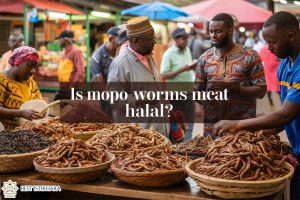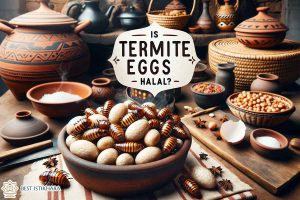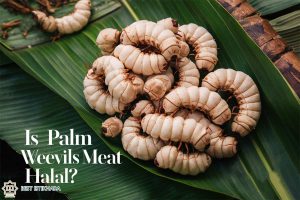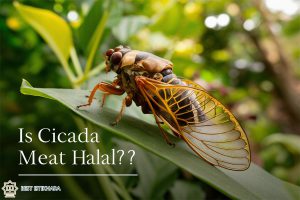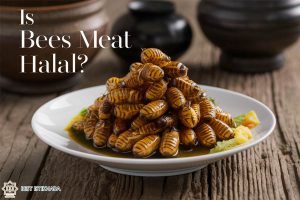Is Beetle Meat Halal?
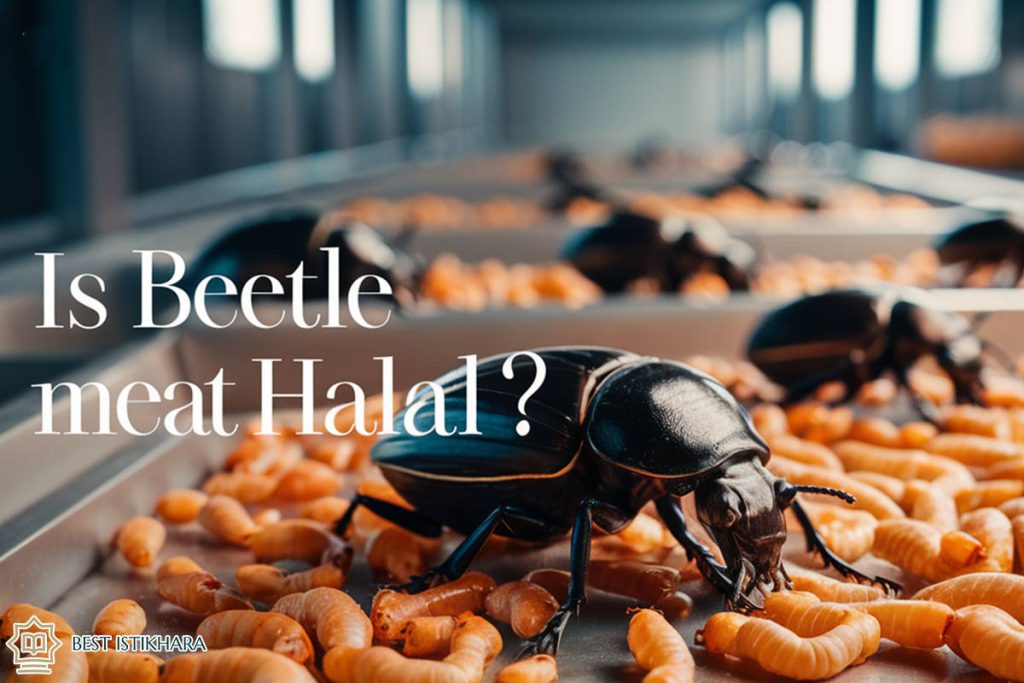
In Islamic dietary law, halal (permissible) and haram (forbidden) are critical in determining what foods are acceptable for consumption. These guidelines, derived from the Quran and Hadith, dictate not only the types of food but also the methods of preparation and handling. The primary goal is to ensure that food is wholesome and free from harmful substances, promoting physical and spiritual well-being. Understanding these dietary laws is essential for Muslims who strive to adhere to their faith in all aspects of life, including their nutritional choices. This article explores the permissibility of consuming beetles, including mealworms, within the framework of these Islamic dietary laws. Click to get more information about halal vs haram topics discussed in today’s world.
Understanding the Concept of Halal and Haram in Insects
Islamic dietary laws, derived from the Quran and Hadith, provide detailed guidelines on what is considered halal (permissible) and haram (forbidden) for consumption. Insects generally fall into a gray area, as they are not explicitly mentioned in the Quran. However, Islamic scholars have interpreted various hadiths to provide guidance. Typically, insects that are not harmful or impure are considered halal. Locusts, for example, are explicitly mentioned as halal in several hadiths. The key factors include the insect’s natural habitat, diet, and whether it harms humans. To be considered halal, insects must be free from contaminants and not consume impure substances. Proper handling and processing according to Islamic principles are essential to ensure the insects are permissible for consumption.
Historical and Religious Context of Insect Consumption in Islam
The consumption of insects has historical precedence in various cultures, including within Islamic tradition. Historically, locusts have been consumed in regions like the Arabian Peninsula, and their permissibility is well-documented in Islamic texts. The Prophet Muhammad is reported to have approved the consumption of locusts, highlighting their status as halal. This acceptance extends to other insects, provided they meet the necessary conditions of cleanliness and safety. The context of survival also plays a role; in situations where other food sources are scarce, consuming insects is permissible. The adaptability of Islamic dietary laws ensures Muslims maintain their nutritional restrictions while addressing practical needs. The ongoing scholarly discussions reflect a dynamic interpretation that balances tradition with contemporary understanding.
Are Beetles and Mealworms Halal?
In the context of halal dietary laws, beetles and mealworms present a unique case. The permissibility of consuming insects like beetles and mealworms hinges on their cleanliness, nutritional habits, and the environment in which they are raised. For an insect to be considered halal, it must not feed on impure substances and be free from harmful contaminants. Islamic jurisprudence emphasizes that insects reared for consumption must be handled and processed according to halal standards, ensuring they are pure and safe to eat. Mealworms, often used as a protein source in some cultures, must be farmed under controlled conditions that align with halal requirements. This includes feeding them permissible vegetation and grains and avoiding cross-contamination with haram substances.
Perspectives from Different Islamic Scholars and Authorities
Islamic scholars have varying opinions on the consumption of beetles and mealworms. Some scholars argue that since these insects are not explicitly mentioned in the Quran, their permissibility can be derived from the general principles of halal and haram. Locusts are mentioned explicitly as halal, providing a basis for considering other insects. Scholars like Imam Malik and contemporary authorities from organizations such as the Islamic Services of America (ISA) suggest that insects like beetles and mealworms can be halal if they meet the necessary conditions of cleanliness and proper rearing. Other scholars take a more conservative approach, advising against the consumption of insects due to their traditionally negative connotations. The debate reflects a broader discussion within Islamic jurisprudence on interpreting dietary laws in modern contexts, underscoring the importance of consulting knowledgeable religious authorities.
Conditions for Halal Certification of Insect-Based Foods
To be certified as halal, insect-based foods must meet several stringent conditions. First, the insects must be raised in a controlled environment where they are fed halal-certified feed, ensuring they do not consume impure or haram substances. This involves using clean, permissible vegetation and grains free from contamination. Second, the farming conditions must adhere to Islamic ethical standards, which include humane treatment, avoiding overcrowding, and ensuring the insects are healthy.
The harvesting and processing methods are crucial for maintaining halal status. Insects must be collected and slaughtered in a manner that aligns with Islamic principles, avoiding unnecessary suffering and ensuring cleanliness. The facilities where insects are processed must be accessible from cross-contamination with haram substances, and all equipment used must be thoroughly cleansed according to halal guidelines.
Any additives, preservatives, or ingredients used in the final insect-based products must also be halal-certified. This includes rigorous inspection and approval by accredited halal certification bodies, such as the Islamic Services of America (ISA) or other recognized authorities. These organizations perform periodic audits to ensure ongoing compliance with halal standards.
Finally, proper labeling and transparency about the sourcing and processing insect-based foods are essential for halal certification. This helps consumers make informed choices and trust that the products meet the strict criteria established by Islamic dietary laws.
Conclusion
The permissibility of consuming beetles and mealworms within Islamic dietary laws involves careful consideration of cleanliness, ethical treatment, and proper processing according to halal guidelines. While some scholars affirm the permissibility under specific conditions, others advocate caution due to the lack of explicit mention in primary Islamic texts. The need for controlled rearing environments, thorough inspections, and proper certification by recognized halal authorities underscores the complexity of integrating insect-based foods into a halal diet. Muslims interested in these food sources should consult knowledgeable scholars and adhere to certified halal products to ensure compliance with their dietary principles.

